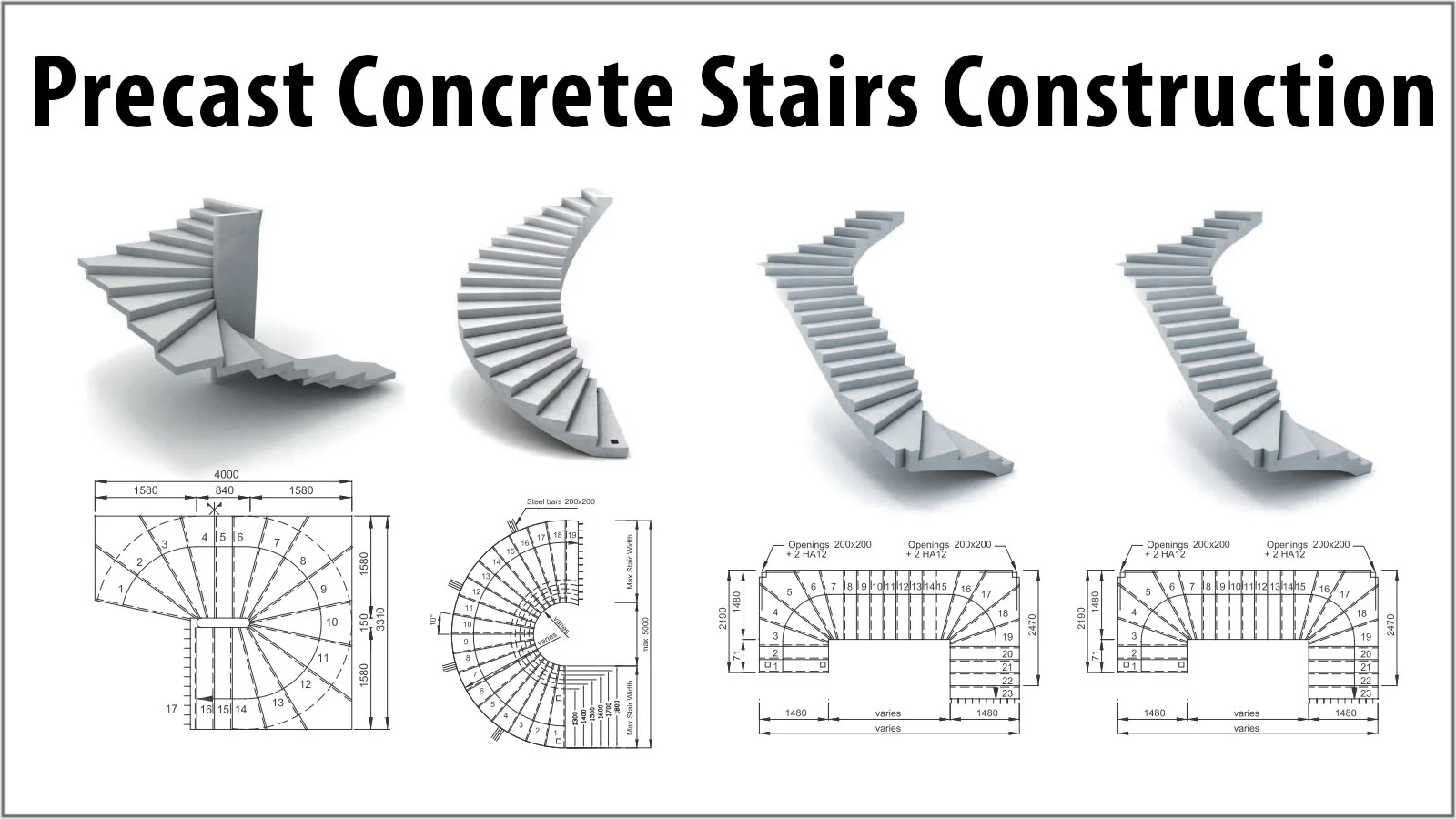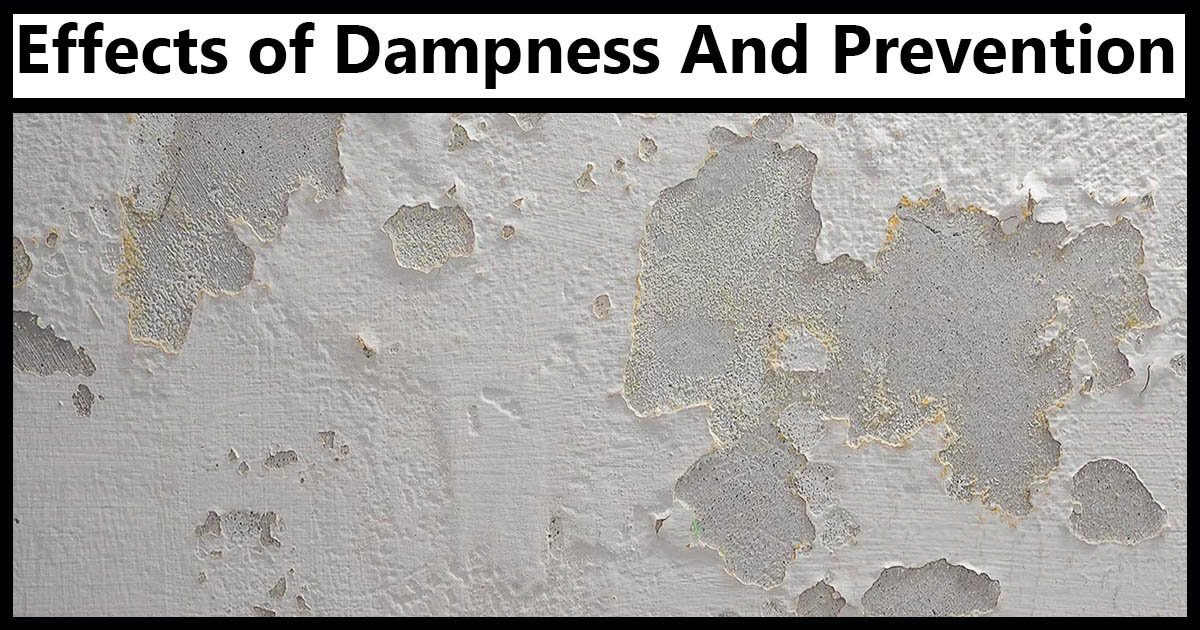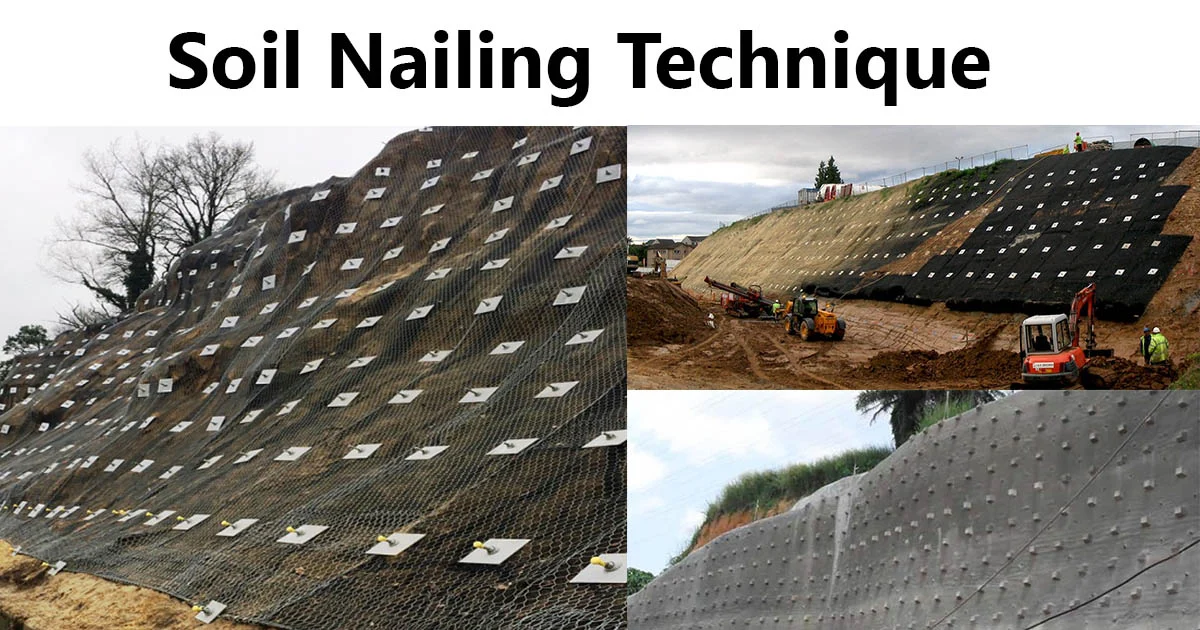Gendral Civil Engineering
-

Reason concrete cube samples 150mm and Procedure
In concrete compression test, normally 150mmx150mmx150mm concrete cube samples is used for testing.Why isn’t 100mmx100mmx100mm concrete cube samples used in the test instead of 150mmx150mmx150mm concrete cube samples? Basically,the force supplied by…
Read More » -

Precast Concrete Stairs Construction
Those intending to have long lasting and tempting staircases may opt for precast concrete spiral stairs. Precast Stairs can be…
Read More » -
Use and Advantages Precast Concrete
Precautions of Precast Precast concrete is simply concrete that is cast somewhere other than where it will be used. Most…
Read More » -

Factors Affecting Selection of Piles
Factors Affecting Selection of Piles • They are used for large structures, and in situations where the soil under is…
Read More » -

Effects of Dampness And Prevention
The various effects caused due to dampness in buildings mainly results in poor functional performance, ugly appearance and structural weakness…
Read More » -

Soil Nailing Technique
Soil nailing is a technique used to reinforce and strengthen existing ground.Soil nailing consists of installing closely spaced bars into…
Read More » -

Causes of Dampness
Dampness presence of moisture in building. Dampness may be caused by: (a) Ground water (b) Rain water and (c) Leakages…
Read More »


